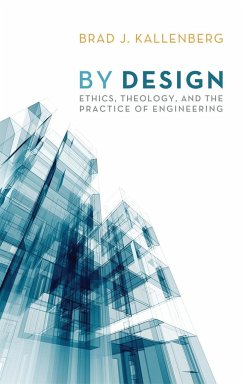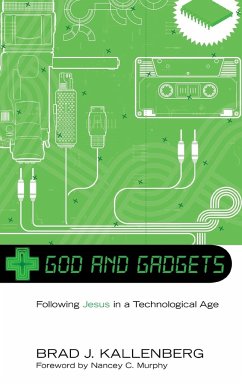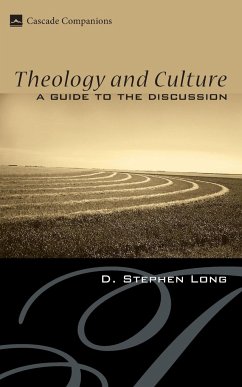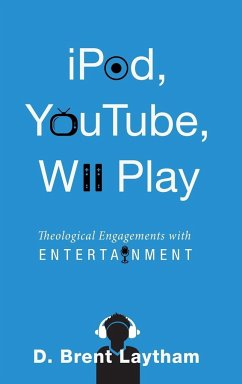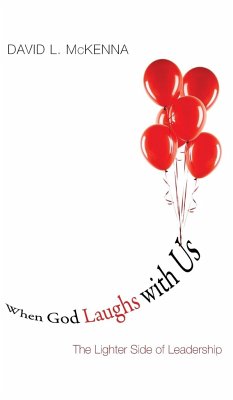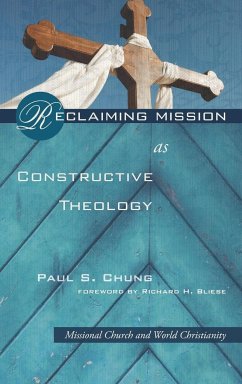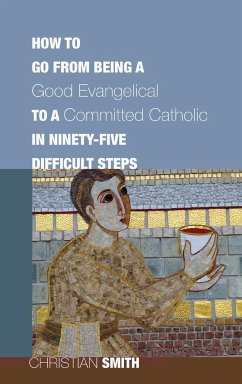Both engineering and human living take place in a messy world, one chock full of unknowns and contingencies. ""Design reasoning"" is the way engineers cope with real-world contingency. Because of the messiness, books about engineering design cannot have ""ideal solutions"" printed in the back in the same way that mathematics textbooks can. Design reasoning does not produce a single, ideally correct answer to a given problem but rather generates a wide variety of rival solutions that vie against each other for their relative level of ""satisfactoriness."" A reasoning process analogous to design is needed in ethics. Since the realm of interpersonal relations is itself a fluid and highly contingent real-world affair, design reasoning offers the promise of a useful paradigm for ethical reasoning. This volume undertakes two tasks. First, it employs design reasoning to illustrate how technological artifacts can be assessed for their inherent moral properties. Second, it uses the design paradigm as a means for bringing engineering ethics into conversation with Christian theology in order to show how each can be for the other a catalyst for the revolutionary task of living by design.
Hinweis: Dieser Artikel kann nur an eine deutsche Lieferadresse ausgeliefert werden.
Hinweis: Dieser Artikel kann nur an eine deutsche Lieferadresse ausgeliefert werden.

